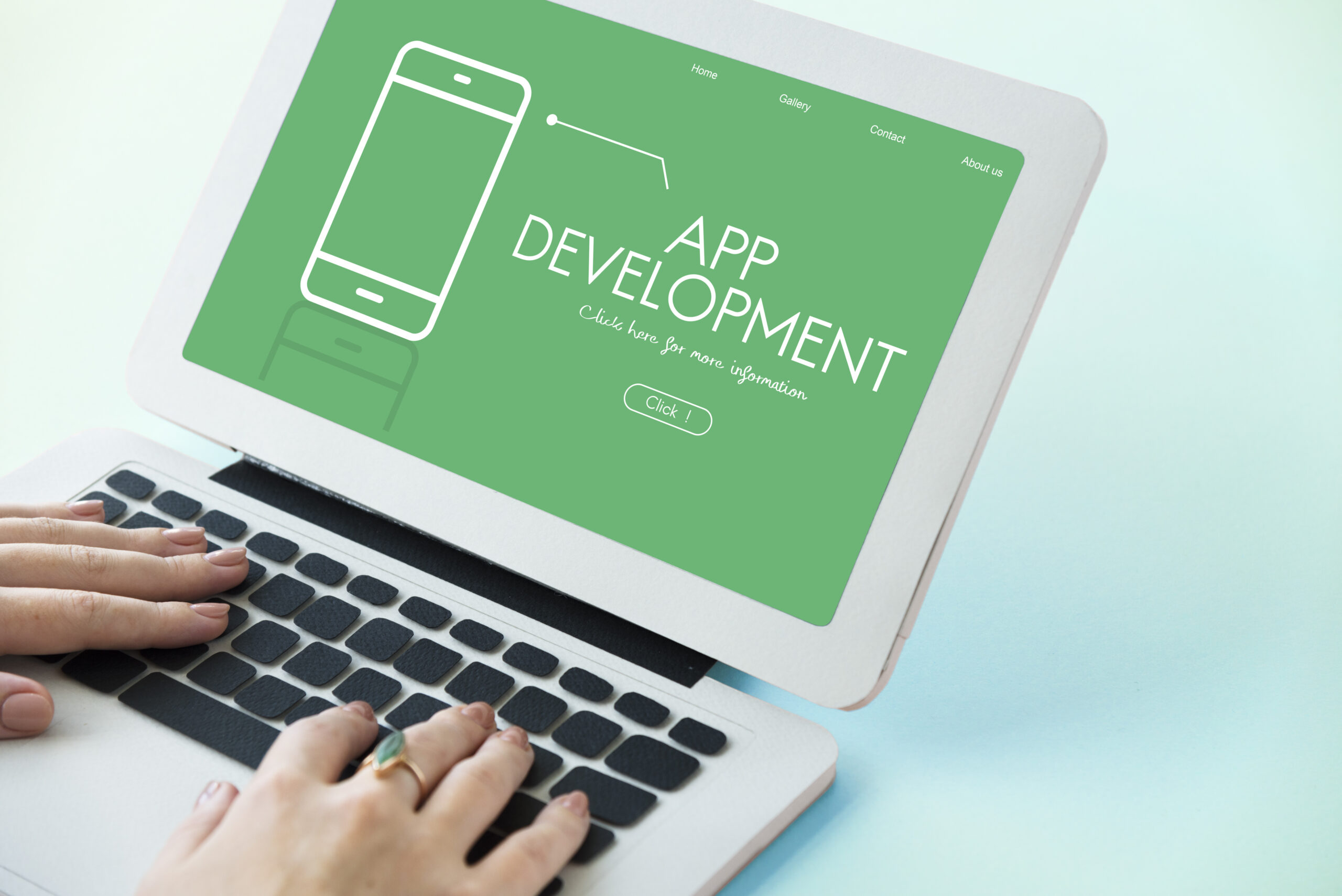Businesses have a hard time choosing between Android and iOS development that can cater to their software demands efficiently. Both platforms, despite having architectural similarities, follow different development and maintenance approaches.
Android application development services and iOS app development services are different not only development level but also in terms of design and marketing strategy. In this blog, we shall cover the differences between iOS and Android. So, if you’re also evaluating the risks of choosing one of the platforms, keep reading till the end.
What are the major differences between iOS and Android mobile app development services?
Some crucial differences between iOS and Android mobile app development are as follows:
- IOS app developers prefer Swift, whereas Android app developers choose Java or Kotlin
- Apple devices have a standard screen size for iPhones and iPads. On the other hand, Android devices offer a large variety of screen sizes, which means you need to work more on interface design and case-by-case programming. It ensures compatibility and functionality across varied devices.
- Android apps take longer to develop due to device fragmentation. Also, there are many different Android OS versions on the market. Different devices get important security updates at different times, and it makes maintaining and developing Android apps highly challenging.
- IOS and Android apps have different user demographics including age, income, hours spent on apps, locations, and more. Apple users tend to be younger and comparatively more affluent than Android users.
- While developing apps, consider these differences to analyze your target audience, and determine whether you want to minimize the amount spent on development time and maintenance or otherwise.
Which device is better to learn – iOS or Android?
If your target audiences are Apple product users, learn iOS development, or else choose Android mobile app development to focus on a different customer base.
Swift for iOS is a modern programming language designed specifically for Apple products. The codes are relatively straightforward and easy to understand for programmers at the beginner level. However, Swift is unique for Apple products and not so commonly used outside iOS application development services.
Android products heavily depend on Java and Kotlin. While Kotlin is largely confined to just Android app development, Java, on the other hand, is a popular programming language since 1995. It has varied use cases outside of Android products. So, if you are a programmer interested in mobile app development, but want to keep your options open, consider Android app development too.
How Complex Is The Development Process For iOS and Android?
When it comes to iOS vs Android application development services and its complexity, Android lacks in major areas. It has a lot to do with device fragmentation, as Apple releases a limited range of devices, and has a small range of screen dimensions to consider. But, that’s not the case with Android where dozens of screen styles are available based on the screen size, density, and OS versions.
Apart from adjusting the graphics to the entire range of devices, a developer uses dozens of device simulators while testing to ensure the app gets displayed equally for all users worldwide. As a result, both testing and development require limitless reviews and iterations, which is a resource and time-consuming task.
To conclude, the development process becomes a lot easier with iOS.
Also Read : Android Vs IOS
How is the monetization process for iOS and Android Apps?
While choosing between Android and iOS, check for the app monetization scope too. Practically, there are three ways to monetize your mobile app, namely in-app purchase, a paid application, and an ad-based model. Let’s break down all three applications and their performance characteristics for both iOS and Android:
- In-app purchases: Android apps lead in terms of the number of purchases with 22% against 17%. However, the average cost of a transaction is higher for iOS ($30), and Android $10.
- Paid applications: iOS is a leader in terms of releasing paid apps on the application marketplace. More than 11% of the iOS gaming apps are paid, and 7% are Android.
- Ad-based monetization: Most iOS apps avoid using ads. But android apps are ad-heavy. Reports claim that 63% of Android apps implement advertising SDKs.
Conclusion
To conclude, iOS apps prove to have a higher return on investment than Android app development Company. For instance, Google Play uses the “Rewarded Products” feature to increase its app’s revenue. The visitors watch these sponsored videos in exchange for in-game currency. In a few clicks, these reward products get added via Google Play Billing Library.
Google Play offers a subscription-based payment model for on-demand music and video streaming apps. These subscription features include:
- Flexible billing
- Free trial
- Ranging subscription plans
- Grace periods
Developers can also enable both auto-renewable and non-renewable subscriptions for App Store. Both platforms require 15% of a developer’s revenue instead of a standard 30% commission for other monetization models.
Summary
If your business feels budget constraints yet aims for narrowing premium segments, iOS is an ideal choice. If you wish to test out the application market, aim at the worldwide audience, or are bootstrapped in the budget, go for Android.
App development services carry a lot of challenges. Therefore, it is advisable to hire a professional team like OrangeMantra who can assist you with both small-scale projects for SMEs and ambitious apps for global enterprises.
We’ll love to hear about your new upcoming projects. Let’s talk.









































